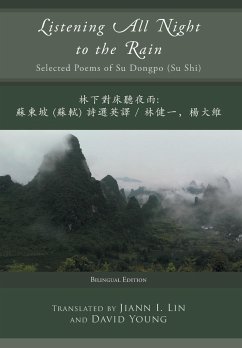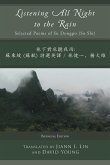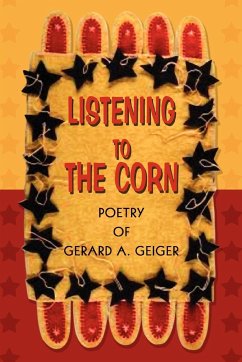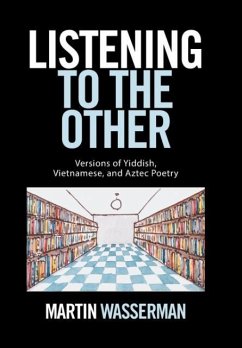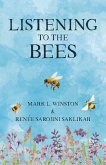We find timeless expressions of human experience in the poems of Su Dongpo (1037-1101), translated with grace and power by Lin and Young. We follow Dongpo through his life of multiple political exiles. From early in his life he ponders the transitory nature of reality with beauty and a sober lightness: "back to those earlier scenes / and the clouds of yellow dust along the roads" "I lean on the railing, / my spirit flies away, / and I can't call it back" "The red-skirted beauty / turns into a fairy // the long flute carries / a lasting note of sadness" "our only worries? / Moonset / and empty cups" (Poems 1, 7, 34, & 45) Past mid-life a new perspective grows with energy, laughter, and tears: "Chilly spring air / for ten days / I haven't stepped out of the house // and so I didn't notice / how the willows have turned green / stroking the whole village // ... // This day one year ago / I walked a long way / through mountain roads and passes // the plum blossoms / shining in the drizzle / nearly broke my heart." (Poem 50) Su Dongpo's sigh of older age carries a tender resolve laced with measured sorrow: "I'm like a little boat / sensing an expanse / of endless water // here under groves of trees / face to face in the bedroom / listening all night to the rain" (Poem 83)

